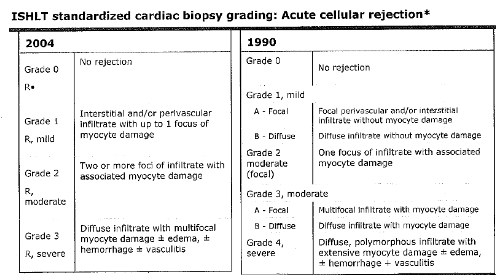Dietary Intervention Heart Transplant
Because morbidity and mortality rates are so high in patients with severe heart failure patients often expire before they are able to receive a vad or heart transplant.
Dietary intervention heart transplant. Nutrition after a heart transplant. 14 3 16 7 years at a median of 3 3 interquartile range 1 5 9. Our study shows the efficacy of dietary intervention to obtain an early and late weight and metabolic control after heart transplant. An exercise and diet intervention delivered via live videoconferencing is feasible in pediatric heart transplant recipients.
2 heart and vascular institute cleveland clinic cleveland ohio. The objective of this study was to test the feasibility and impact of a supervised exercise and diet intervention delivered via live videoconferencing in this population. 1 5 9 7 years after heart transplant completed the intervention. Patients attended 89 6 11 of exercise and 88 4 10 of nutrition sessions during the intervention and 93 4 11 of exercise and 92 3 11 of nutrition sessions during maintenance.
This coincided with a reported beneficial effects on lipid and. One on one supervision using live videoconferencing results in excellent adherence to exercise and diet sessions and this is in contrast to prior pediatric reports on clinic site interventions where the adherence has been poor. Diet and nutrition after a heart transplant your medication causes you to have a less effective immune system. 1 department of cellular and molecular medicine cleveland ohio.
Methods and results patients 8 to 19 years of age at least 1 year post heart transplantation were enrolled. Therefore it is important to avoid food born illness and practice safe food handling. Diet and exercise after transplant. The previous dietary intervention study of 42 heart transplant recipients encouraged consumption of a lowfat diet for 12 months 10.
Long term dietary habits and interventions in solid organ transplantation. Zeltzer sm 1 taylor do 2 tang wh 3. Heart transplant nutrition assessment and intervention are very important. Nutrition intervention can improve patient status and add quality of life.
Nutrition is an important part of a healthy life before during and after your transplant. Diet compliance was associated with a decrease in total cholesterol triglycerides and glucose plasma level and with a weight loss mainly due to a decrease in fat mass.
